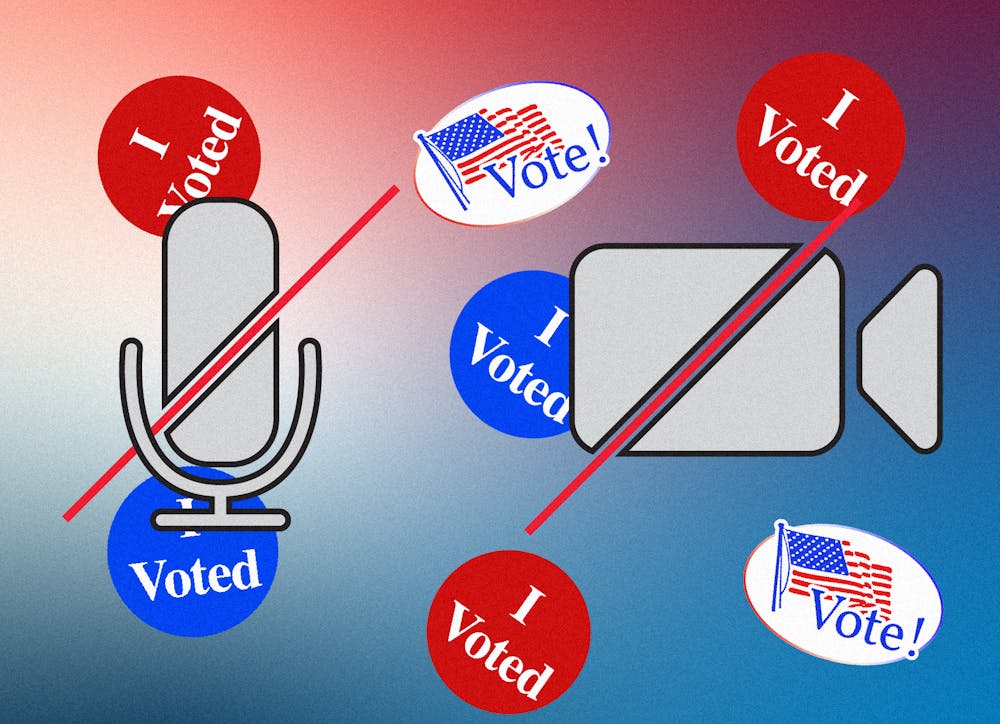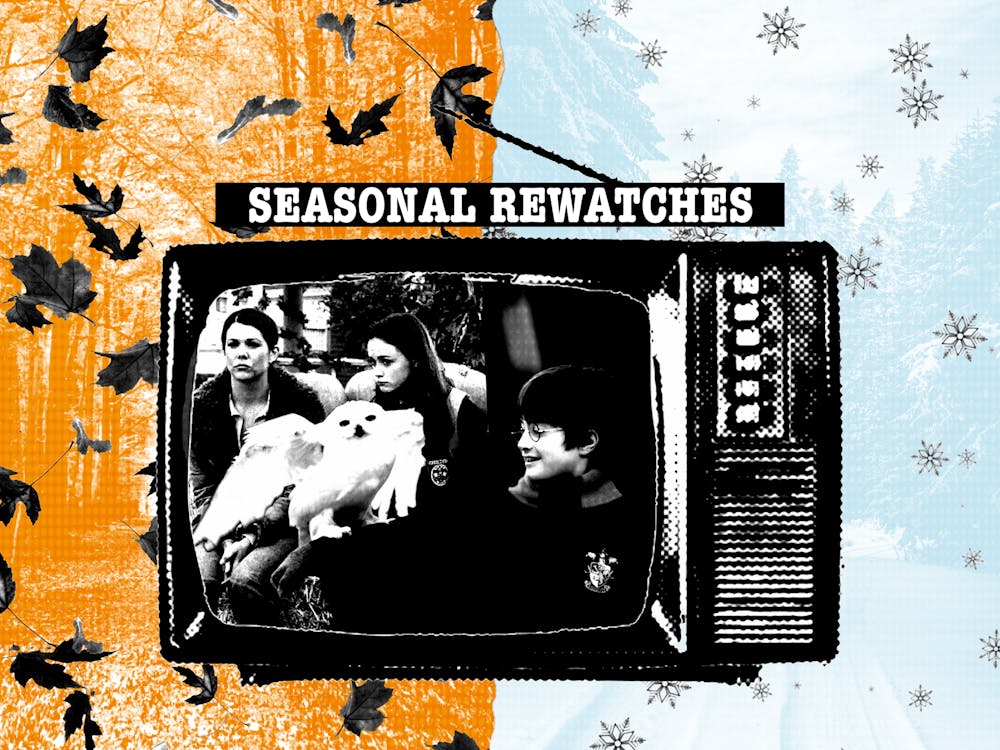For some students, the upcoming election is the first opportunity they will have to vote, but busy class schedules can make performing this civic duty difficult.
COVID-19 itself brings challenges to voting in person — be it mask requirements to social distancing — and class and work schedules can make it even more difficult to get to a polling location. With no national holiday to dismiss classes, students may have to decide between missing class and casting their vote.
Some professors are willing to rearrange their class schedules in order to benefit students. Whether that’s a movie day with an excused absence or canceling class altogether, some professors are willing to provide options for students so they can exercise their right to vote.
Dr. Andrew Offenburger, an assistant professor of history, has decided to not hold class on Election Day by rearranging the material that would have been taught that day.
“It’s a personal decision,” Offenburger said. “I view the elections as a sacred right and duty to participate as citizens. It’s central to what I do and teach, so I think I need to give students and myself the time that day to go vote in person.”
Offenburger thinks it’s important for students to use the rights they were given by casting a vote in the elections.
“I don’t really talk about elections in class unless it’s in an historical context,” Offenburger said. “I do tell students the reason why I’m canceling class and that I hope they’ll take the opportunity to have their voices heard by voting for whichever candidate they support.”
For Timothy D’Agostino, a junior history major, it’s his first time being able to vote, and he wanted to take his civic duty a step further. This year, he is working at the polls in his hometown of Springboro, Ohio. Luckily for him, his only synchronous class for the day was canceled, but he had still intended to miss class if it hadn’t been.
“I told my professor I wasn’t going to be there, and he reminded me that we wouldn’t have class,” D’Agostino said. “I’m certain that if the situation was different, every professor would still be understanding of someone who wanted to work in the polls.”
D’Agostino is worried about the possibility of the spread of coronavirus while at the polls, especially as some voters may opt out of wearing a mask. Poll workers are given personal protective equipment, but historically, a majority of poll workers are over 60, putting them at significant risk for the virus.
“I want to give something back just because I knew that there may be a shortage because people might be concerned [about the pandemic],” D’Agostino said. “Considering the people that usually do it skew more elderly, I thought that I could at least help. I’m obviously in less danger if I get it.”
Geography professor Dr. Ian Yeboah has decided not to cancel class for the elections, but because students are given four excused absences, they are free to use one to vote. His plans are to show documentaries on this day, making it easier for students to make up the missing work. Yeboah still hopes his students will exercise their right to vote.
Enjoy what you're reading?
Signup for our newsletter
“It is imperative that students vote,” Yeboah said. “Though I am not supposed to discuss politics in class, I made students aware … that I had voted and implored them to vote, irrespective of who they vote for. This is because decisions made today will affect them for the rest of their close to 70 years of life.”
Sophomore marketing major Gracie Irish is voting by mail this year but still thinks that Election Day should be a national holiday.
“It makes me feel like they genuinely understand how important Election Day is, and they want us to participate in it, so I like that professors are moving class,” Irish said.
Students abroad still want to exercise their right to vote in the election, and the American embassy in Luxembourg offers a diplomatic pouch for ballots. This allows the ballots to be sent off together and helps voters avoid having to pay international postage.
Dr. Elena Albarrán is teaching history abroad in Luxembourg but understands the importance of voting to students this year. The first speaker the students had was from the embassy, and he helped explain to students the process of voting while abroad.
All of the students that were interested in voting were able to get their ballots sent off in time, although the deadline was slightly earlier than they originally thought.
“There was a little bit of a scurry, a little bit of a drama because we had thought that we had until Oct. 15 to bring our ballots to the embassy,” Albarrán said. “But then we got notice that it had to be a couple days earlier. So there was a scrambling, and there’s all this flurry of energy, and then they gathered all of the ballots and made it on time which added an extra level of adrenaline to the voting process.”
Albarrán encourages students to vote, because when studying history, it can be helpful to see the impact that each voice can have. When there are historical events that impact students, it can be framed through how those students would vote today.
“It’s really fascinating as time progresses to be able to assign yourself with those different administrations and have actively selected or voted against them,” Albarrán said. “It makes the past become increasingly more relevant when the people studying it have been associated with it in some way.”
Whether or not professors are canceling class, many understand the importance of exercising the right to vote. In doing so, they encourage students to take advantage of the opportunity to vote in a presidential election, something we can only do every four years.




